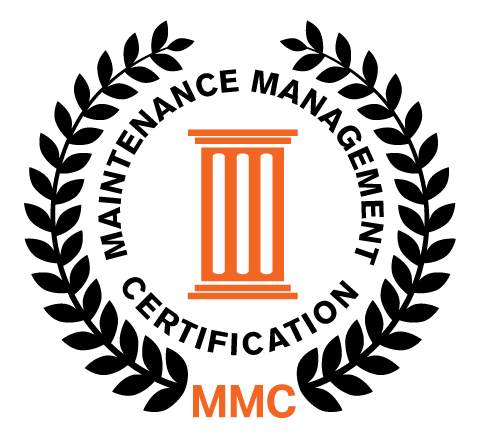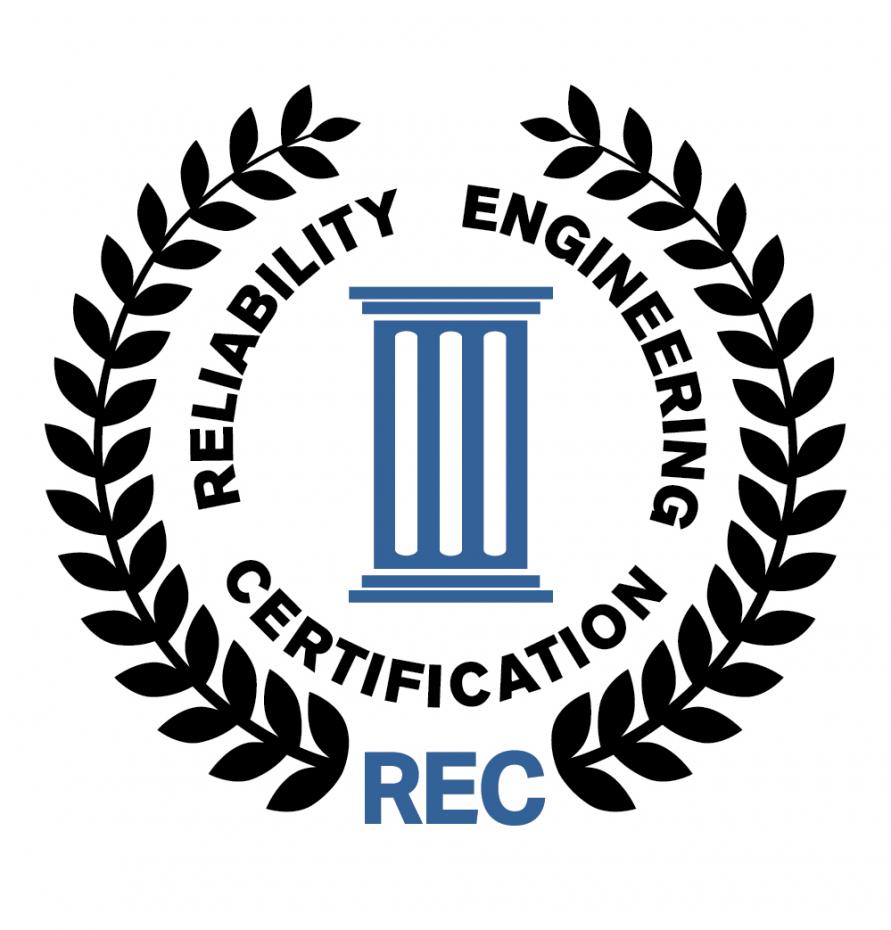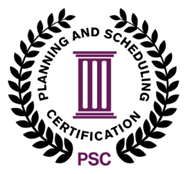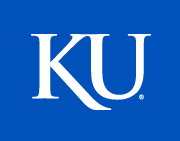Engineering & Technology
Courses & Events
Maintenance Management Skills

Part of the LCI Maintenance Management Certification Program.
Learn how to lead a world-class maintenance department using planning and scheduling best practices to drive work execution and motivational and time-management techniques to improve maintenance worker productivity.
September 29, 2026 to October 1, 2026, University of Kansas Edwards Campus
Root Cause Analysis

Part of the Life Cycle Institute Reliability Engineering Certification
and the LCI Maintenance Management Certification Program.
Successful managers, supervisors and technicians need to be excellent problem solvers. In this course, learn how root cause analysis (RCA) can establish a culture of continuous improvement in your organization.
April 28-30, 2026, University of Kansas Edwards Campus
Managing Planning and Scheduling

Part of the LCI Maintenance Management Certification Program.
Managing Planning and Scheduling examines topics like designing a work management program strategy, developing standard processes and work, establishing program measures, managing staff development, and planning program improvement. You will walk away with a solid foundation for an effective maintenance work management program.
June 2-4, 2026, University of Kansas Edwards Campus
Planning for Shutdowns, Turnarounds, and Outages

March 3-5, 2026, Live Online Training
Maintenance Planning and Scheduling

Part of the LCI Maintenance Management Certification Program.
This three-day course examines topics like proactive work management process, job estimation and prioritization, backlog management, job plan development, work scheduling and coordination, tracking progress, and supporting reliability engineers with valuable equipment history and root cause analysis input.
August 25-27, 2026, University of Kansas Edwards Campus
Reliability Engineering Excellence

Part of the Life Cycle Institute Reliability Engineering Certification
Learn to build a business case for reliability, design reliability into a system or process before it’s built, identify operating risks, and solve problems in all areas of asset management.
October 1, 2025 to December 1, 2025, Self-paced Online Training
June 16-18, 2026, Live Online Training
Risk-Based Asset Management

Part of the Life Cycle Institute Reliability Engineering Certification
and the LCI Maintenance Management Certification Program.
Risk-Based Asset Management (RBAM) provides engineers, managers and technicians with the ability to analyze potential risks by prioritizing reliability efforts on critical equipment and failures that impact their operations. In this course, you will explore how to improve asset availability and meet reliability goals by applying a risk-based approach to asset maintenance and operations.
April 14-16, 2026, Daily Live Online Training
Materials Management

Part of the LCI Maintenance Management Certification Program.
Learn how to ensure the right parts are in the right place at the right time. When you apply the knowledge and skills learned in this class, quality will increase and costs will decrease. You will be able to manage your storeroom in a way that successfully balances the needs of operations and maintenance while optimizing your inventory and carrying costs.
May 12-14, 2026, Daily Live Online Training
Predictive Maintenance Strategy

Part of the Life Cycle Institute Reliability Engineering Certification
and the LCI Maintenance Management Certification Program.
Condition-based maintenance uses equipment operating condition to make data-driven decisions. In practice, this philosophy can improve your facility and equipment's quality, productivity, and profitability. In this course, discover what a successful condition-based program can look like at your organization.
October 1, 2025 to December 1, 2025, Self-paced Online Training
February 3-5, 2026, Live Online Training
Reliability Engineering Certification Program Work Product

July 11, 2025 to July 10, 2026, Self-paced Online Training
Certificate Programs
Life Cycle Institute Maintenance Management Certification
This certification program will enable you to:
- Build and sustain a maintenance program
- Establish appropriate maintenance KPIs and visual management dashboard
- Select the optimum equipment maintenance strategy
- Implement work management strategies that improve asset availability and utilization
- Increase maintenance personnel productivity
- Build a problem-solving culture
- Manage an effective maintenance budget
To earn a Maintenance Management Certification (MMC), candidates must complete four courses and successfully pass the Maintenance Management Certification exam within three years.
For more information, please reach out to professionalprograms@ku.edu.
Life Cycle Institute Planning & Scheduling Certification
Participants learn how to:
- Move your organization from a reactive to proactive environment.
- Calculate work management performance metrics.
- Develop a comprehensive "standard" job plan and apply work planning best practices.
- Develop governing principles and standard procedures for CMMS data entry and use.
- Describe a disciplined approach to managing work for aplanned shutdown.
- Develop an audit and continuous improvement strategy for the planning program.
To earn a Planning and Scheduling Certification (PSC), candidates must complete four courses and successfully pass the certification exam within three years.
For more information on how to earn a PSC, please email professionalprograms@ku.edu.
Life Cycle Institute Reliability Engineering Certification
Participants learn how to:
- Create Asset Management Plans that comply with ISO 55000
- Build and sustain a strategic reliability engineering program
- Prepare control strategies that reduce risk and improve utilization
- Design predictive maintenance strategies and programs
- Establish a root cause analysis program
The REC requires completion of four three-day courses and documented application of reliability engineering in the form of a work product.
For more information on how to earn a REC, please email professionalprograms@ku.edu.

 Cart (0)
Cart (0)

